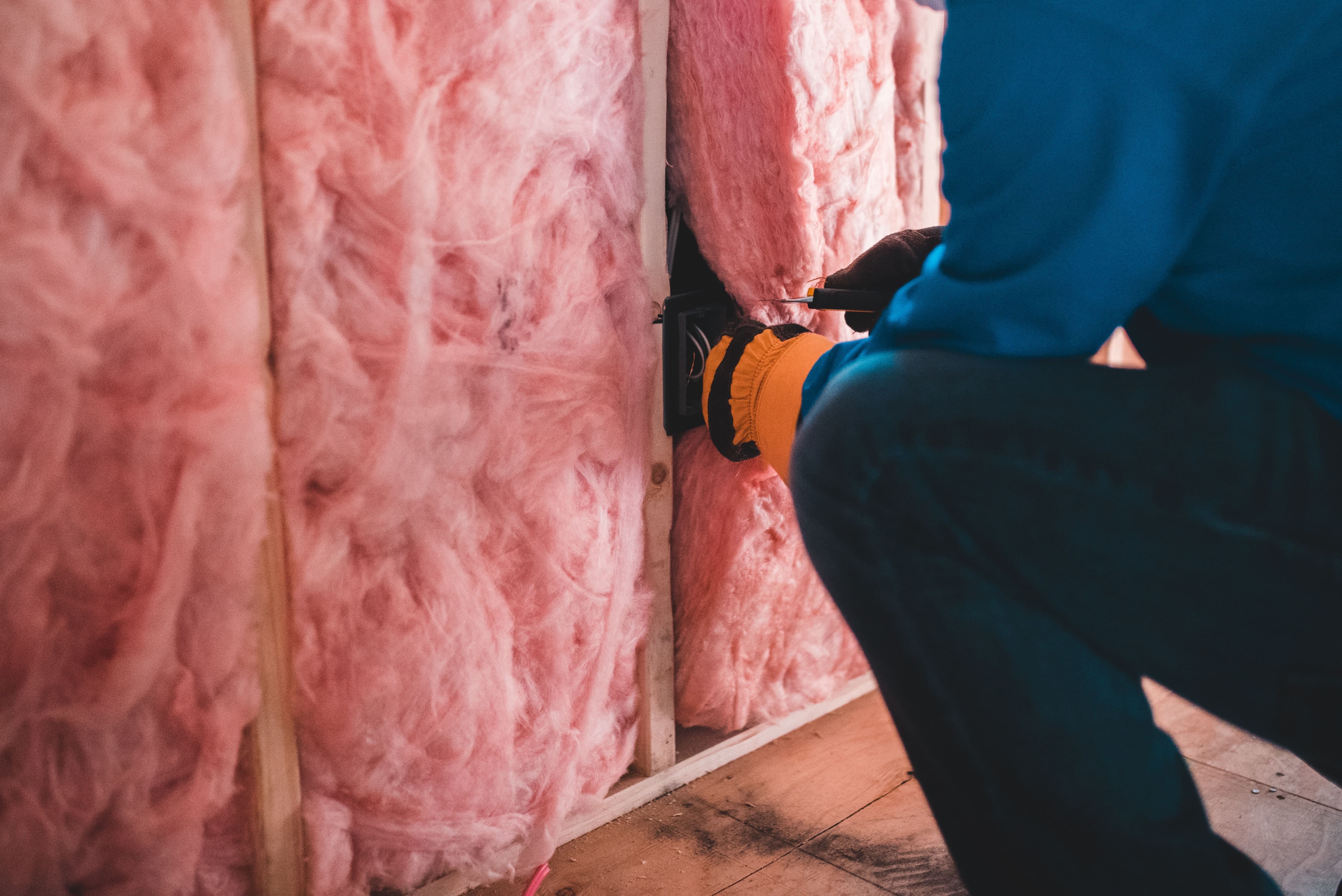If your home’s BER has not been a priority, it certainly will be now with inflation and the rising cost of running a home. With increases in electricity, oil and gas prices, Irish households are likely to face additional costs on their annual energy bills. Making some of these changes in your home may help you avoid hefty winter bills later this year.
Improving the building energy rating (BER) of your house will make your home warmer, reduce your costs and carbon emissions. As a bonus, it will also increase the overall value of your home. We are here to help with our tips on how to improve your house’s energy rating.
How is the BER rating calculated?
BER ratings are based on the amount of energy a home needs for ventilation, light, space, heating, and many other factors. Your home’s insulation, windows, doors and age are also taken into consideration when calculating its rating. When undergoing any new home renovations, it is recommended you aim for a B2 energy rating.
1. Upgrade your home’s insulation
The first and most effective step in improving the heat you already have in your home is upgrading your insulation. Homes lose on average up to 30 % heat from walls alone and another 30% through attics with poor insulation.
New insulation will not only decrease your heat loss but also your energy consumption, keeping your home warmer for longer. Any other energy improvements in your home will also benefit from an upgrade in insulation.
2. Replace your boiler
While replacing your boiler might seem like an expensive step, it is one home update that can make a difference in your newly insulated home. Replacing an old gas or oil boiler with an energy-efficient boiler or heat pump will directly impact your utility bills, make your home warmer, and reduce your homes carbon emissions.
3. Upgrade any single glazed windows
Single glazed windows are big culprits for allowing heat to escape from your home, you can lose up to 10% through windows and doors alone, so any single glazed windows or doors that are unsealed should be a priority. Your windows and doors are also taken into consideration for BER ratings. Your home’s windows doors and insulation all work together to keep the heat in and bills down, so updating one without the other would be counterproductive.
4. Review your ventilation
Draughts throughout the house can be a cause of energy loss, upgrading older vents can help increase airflow through your home. If you have any fireplaces in your home that are not in use, make sure the flue is closed to keep warm air from escaping out of the fireplace. But remember to open it before using the fireplace again. Similarly, a chimney balloon can help reduce draughts and heat from escaping.
5. Reduce your hot water thermostat
Overheating your water can be a big waste of energy and money, the optimal setting for your hot water thermostat should be 65 degrees celsius. Installing a smart thermostat can also help you be more efficient with your energy use and increase your house’s energy rating.











